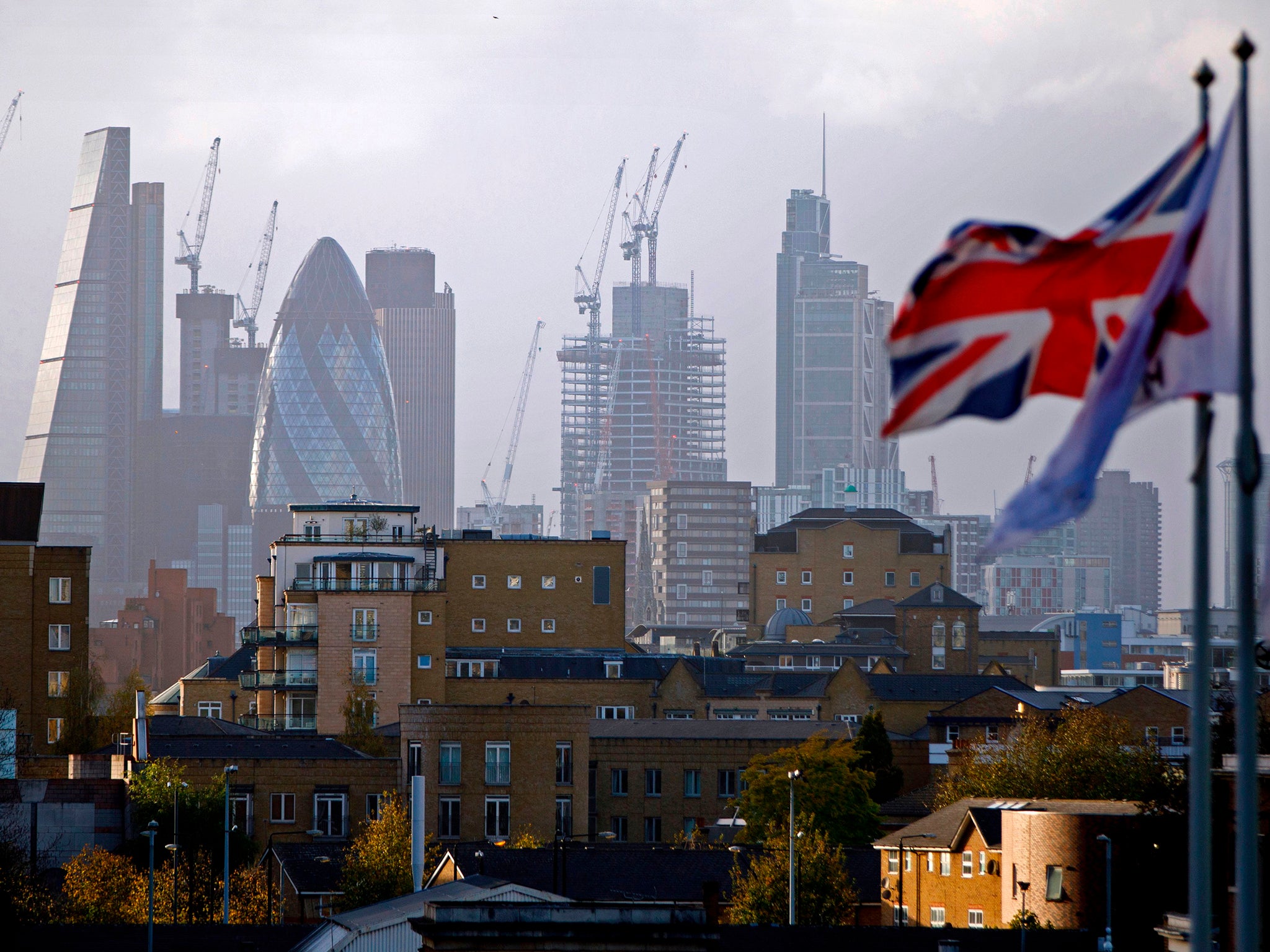The UK and EU may be on talking terms, but will anything really come of it?
The two sides are toning down the cross-Channel bickering, which is a welcome development and a real achievement in the current climate. But don’t expect change to be so forthcoming, says James Moore


The UK and the EU might be daily trading barbs but they are at least talking about financial services. The two sides are, in fact, closing in on a memorandum of understanding aimed at creating a “stable and durable” basis on which to build cooperation.
A framework for the creation of a talking shop mightn’t look like much. But the months of cross-Channel bickering and brickbat-throwing on everything from trade to vaccines and Gibraltar does rather make this look like a flickering star in the middle of a dark night.
As much as Britain would like to pretend that the EU no longer exists, and as much as the EU is clearly sick to the back teeth of Britain, the financial world is an interconnected one and even an ugly divorce isn’t going to change that.
There are issues of concern the two need to talk about. They are occasionally going to find themselves with common interests and areas where cooperation is to the advantage of both.
So in that respect this is a welcome development. Any progress would be in the current climate.
Read more:
But let’s not over-egg the pudding. This is a long way from the EU granting the UK regulatory equivalence, which, while it wouldn’t be as advantageous as the passporting regime the City of London and its institutions enjoyed through membership of the EU, would at least facilitate the trade in financial services that was a notable omission from Boris Johnson’s miserable Brexit deal.
Some suspect the concession, which isn’t terribly stable given it’s subject to withdrawal at 30 days notice, as the Swiss recently discovered, may never be granted.
EU financial services commissioner, Mairead McGuinness, has described assessing the UK as a “big body of work” likely to continue through 2021 and beyond.
Andrew Bailey, governor of the Bank of England, has, meanwhile, said that Britain must not become a “rule-taker”, parroting his political masters.
The attitude of those political masters towards the EU has long been characterised by a breathtaking arrogance perhaps best summed up by the statement: “You need us more than we need you.” The EU’s response: “No, we really don’t.”
In the short term, cutting itself off from the facilities London offers may create some difficulties for its businesses. Where they most obviously present themselves – the clearing of Euro-denominated derivatives would be one example – concessions have been granted.
The financial world is an interconnected one and even an ugly divorce isn’t going to change that
But the long-term gains of the shifting of business from Britain to within the EU’s borders, whether it’s to the benefit of Amsterdam, Frankfurt, or Paris, should outweigh them.
The first of those has already elbowed London aside to become Europe’s biggest share trading venue post-Brexit.
In truth, that was largely symbolic. One of the key beneficiaries was actually the London Stock Exchange, via its Turquoise platform while the feared exodus of jobs from London has been more of a trickle than a flood to date.
But the trickle is expected to continue and, indeed, increase in volume in the months ahead.
City types will tell you that they’d like equivalence and that it’s worth working towards and pushing for. But they’re honest enough to admit that they don’t expect to get it.
That leaves Britain’s financial centre to adapt to an environment in which it doesn’t happen. They maintain that it can do this, pointing to its deep pool of capital, global wholesale market, strong position in fintech etc.
But there’s also a recognition that it’s not going to be easy and that’s not a happy position to be in when you consider that the sector employs 1 million people, accounts for 11p of ever £1 in tax revenue and contributes a very substantial slug of GDP.
The government has already intervened once, announcing a shake-up in the listing rules in an attempt to make London more attractive to tech companies, which was swiftly followed by Deliveroo announcing that it intends to list the UK on its home market. It has just announced that it is targeting a market value of up to £9bn, which looks ambitious, to say the least.
Ministers may have to intervene again before we’re done, and in less flashy, headline-grabbing areas. Cooperating frameworks and talking shops are welcome but the going report still reads “heavy”. It looks set to be that way for the foreseeable future.
Join our commenting forum
Join thought-provoking conversations, follow other Independent readers and see their replies
0Comments